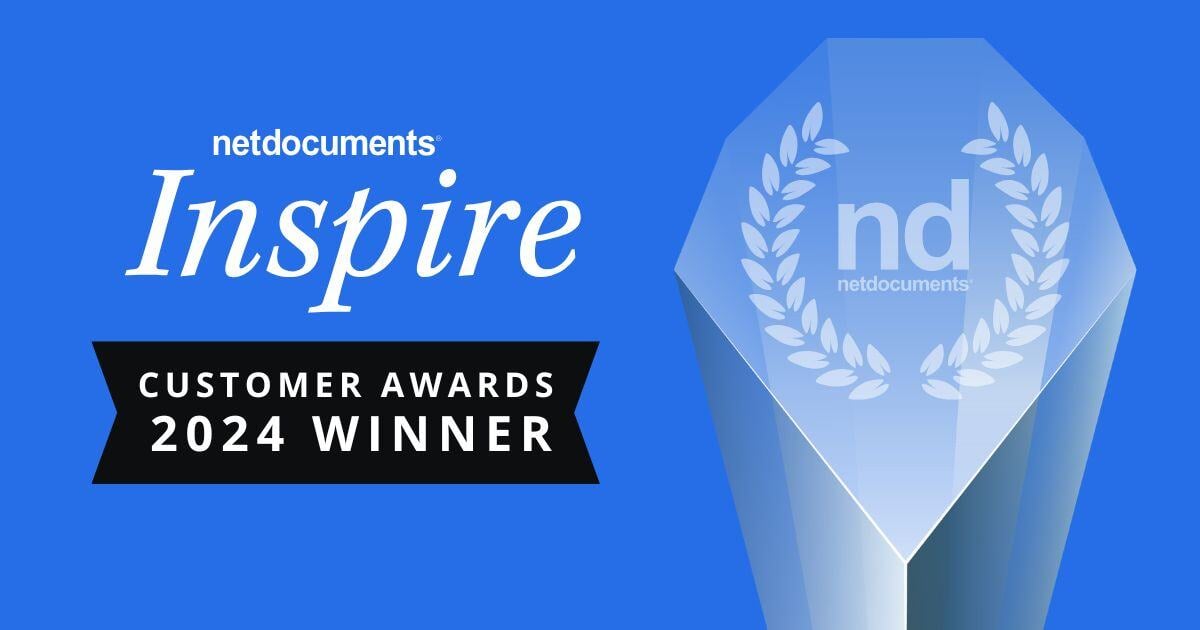
As part of our 'meet the team' series, we talk to Christoph Moeller, partner in our Munich office, about his journey to becoming a patent attorney, the impact of artificial intelligence and why IP strategy isn’t just about patents.
When he left university with a degree in electrical engineering Christoph went into IT consultancy before founding his own start-up company with two friends. It was this experience that first led him to learn more about IP.
“When we decided to set up our new company, we tried and failed to register a trade mark by ourselves,” explains Christoph. “We realised we needed advice from IP professionals who eventually helped us to register our trade mark.
“This got me interested in IP and after a couple of years when it became clear that our start up wasn’t going to take off, I decided to look into becoming a patent attorney. I liked the interaction between technology and law and the intellectual skills required to argue your case - it was definitely the career for me.”
Christoph started out at a German IP boutique where he qualified as both a patent attorney and a trade mark and design attorney before moving to Switzerland to work for the Schindler Group, an elevator manufacturer. He spent four years as the company’s head of patents.
In 2017, an opportunity came up at Mewburn Ellis. “The firm was opening up a new office in Munich,” says Christoph. “I was keen to move back to the city and liked the idea of helping to establish the firm in Germany. We started out with just two people and in the last seven years have grown to almost 20.”
Strategic advice
Christoph’s experience both as an IT consultant and in-house as head of patents has been beneficial, particularly when it comes to giving clients strategic IP advice.
“It’s really important to understand a client’s business,” he explains. “You need an insight into their product and market strategy, their technology roadmap and how they differentiate themselves from their competitors. Once you have that information you can then work out how best to protect the company’s market position, using IP as a tool for achieving that.
“It’s not just about filing lots of patents, it’s about making sure the patents you hold are the right ones, the ones that make sense for your business in the long term. Generally, IP is a toolbox that is intended to protect a company from external competitive forces acting on the company and its market position, forces that shape the dynamics of an industry. You need to choose the most appropriate IP tool for the job in hand; effectively leveraging IP protection requires a strategic and holistic approach tailored to patents, designs, trade marks and brand equity”
Christoph also has extensive expertise in design rights. All of Mewburn Ellis’s EU designs work happens in Munich and he leads on that.
“Designs are a really important element of the bouquet of available IP rights but are often overlooked,” he says. “Companies can be very good at protecting their new inventions through patents, but all too often neglect IP protection for the unique appearance of their products. Most in-house IP experts start out as patent attorneys and patents tend to be where they focus their resources. In my consulting role I often need to emphasise design protection and remind clients that other IP rights are equally valuable – they should be strengthening all of the company’s IP rights in order to protect their position in the market.”
His role means Christoph gets an insight into the newest, most cutting-edge technology. “As patent attorneys we are at the forefront of new developments – there is something new and amazing on my desk nearly every single day,” he explains.
As with many other professions, artificial intelligence (AI) and machine learning are front of mind for those working in IP.
“We are seeing a lot of innovations that have an AI element to them,” says Christoph. “Patent law and patent offices are having to adapt to this new technology and are still working out how to deal with it.
“AI tools will also have an impact on our own work. We are looking at the range of options out there, thinking about how they might support us. The most interesting are those tools that help you to analyse an IP portfolio, looking at its value and how a company is positioned in certain markets when it comes to patents. Big data analysis can be useful for IP strategy, giving an insight into identifying white spaces and where to focus.
“New tools are popping up every day so I will be interested to see if ultimately they can really deliver a significant benefit.”
Christoph’s view is that having a sound IP strategy is going to become ever more important. “It’s not just about protecting your IP,” he argues. “It’s also about how you can use it to generate additional revenue – either through the sale of some of your IP rights or through licensing.”
Hidden depths
Given his years spent working in Switzerland, Christoph likes to go back and visit, taking time out to go hiking and snowboarding. During his summer holidays he also enjoys active pursuits and goes diving every year.
“I’m a certified diving instructor and head to Croatia in the summer every year – it’s one of the best parts of the world for wreck diving,” says Christoph. “It’s fascinating, you dive down towards the seabed, everything becomes dark and gloomy and then suddenly a huge ship emerges into view. There have even been sightings of World War II planes – most of them are quite deep so I haven’t had a chance to explore them yet, but it’s something I would like to do in the future.”
Christoph is a Partner and Patent Attorney at Mewburn Ellis in our Munich office. Christoph leads our EU Design practice and is regularly involved in European and national design registration and design litigation matters. He advises clients on all aspects of IP strategy and portfolio management, including employee inventions in Germany, and also handles patent drafting and prosecution before the EPO and the German Patent and Trade Mark Office (DPMA), particularly in the fields of electrical engineering and ICT/CII.
Sign up to our newsletter: Forward - news, insights and features
Our people
Our IP specialists work at all stage of the IP life cycle and provide strategic advice about patent, trade mark and registered designs, as well as any IP-related disputes and legal and commercial requirements.
Our peopleContact Us
We have an easily-accessible office in central London, as well as a number of regional offices throughout the UK and an office in Munich, Germany. We’d love to hear from you, so please get in touch.
Get in touch

